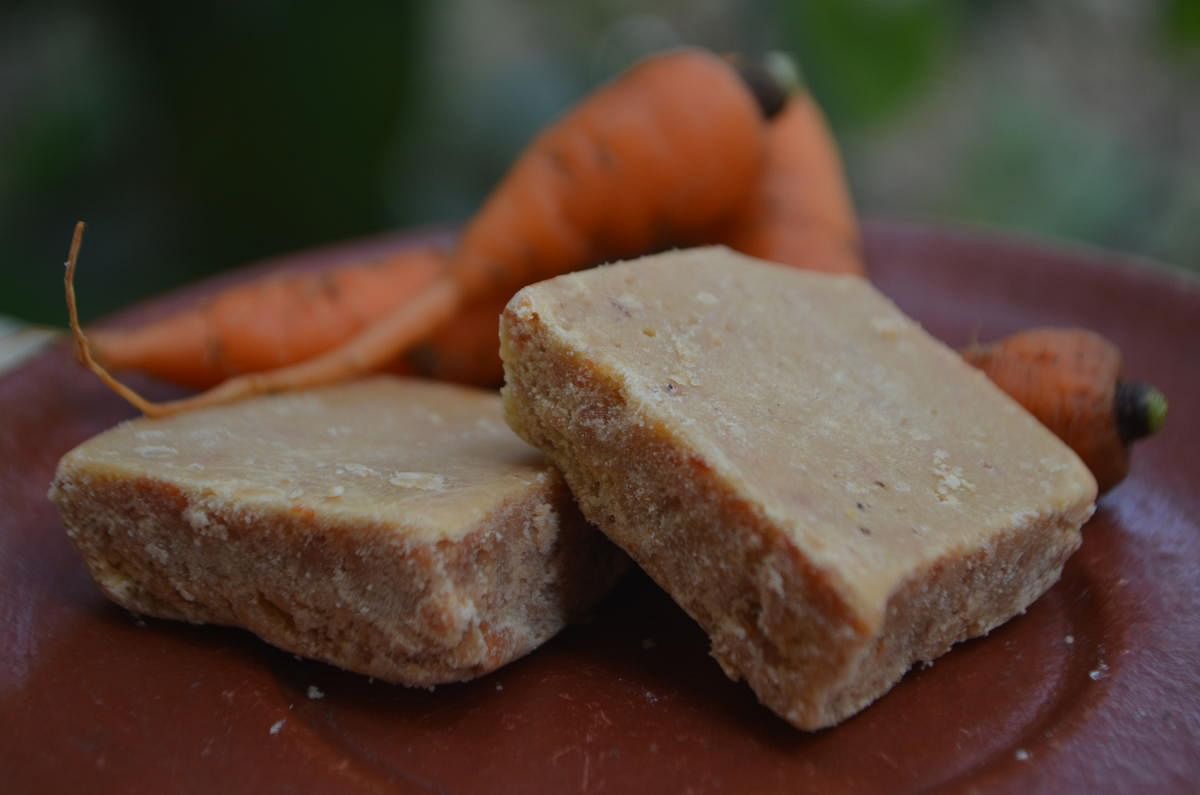Back to the roots


Tuber, which is integral to the traditional food systems of many forest-dependent communities, has opened up a host of possibilities for people who are working towards sustainable food practices. Known for its diversity, it’s seen as the crop of the future, for it meets two important requirements of the time — food security and climate-change resilience.
Karnataka has seen a surge in the activities around tubers for the past six years. The tuber mela held in Joida in Uttara Kannada six years ago, the first such effort in the state, showcased the tuber diversity preserved by the indigenous Kunbi community. The potential of tubers awed not just growers and consumers, but also scientists and food entrepreneurs. The spotlight on the hidden treasure enthused the custodians of this diversity and farmers have since started cultivating tuber crops.
Fun with food
In the last two years, tuber melas have been organised in Mysuru, where indigenous communities from across the state and even from Kerala participate and share their knowledge of tuber cultivation, food preparation and consumption.
Tubers are harvested in December and January, and the fairs held in Joida and Mysuru recently saw people from across cross-sections, including Yaduveer Krishnadatta Chamaraja Wadiyar.
There is a growing attention toward these crops that were once limited to forests, but there is still a need to conserve the native varieties.
The importance of these tuber species as food and medicine, and in industries (mainly in starch-making) means they can be a good source of income for the many forest-dependent communities. Roots and tubers find an important place in the dietary habits of small and marginal farmers, too, and serve as food security for tribals.
The efforts of the Kunbi community in preserving tuber diversity has brought them national recognition. They have been honoured with the Plant Genome Saviour Community Awards for preserving Kunbi mudli, a taro variety unique to this place.
Value addition
Another notable role is played by the Kanana Krushika Mahileyara Sangha, a women’s group representing the Jenu Kuruba tribe, the residents around the Nagarahole forest region. They have conserved several tubers and endangered cultivars through their community seed bank that has been set up in Malangi village.
They are experimenting with the preparation of food and snacks. Value addition is a great way to boost the income of small and marginalised farmers who grow tubers.
Manorama from Sirsi is a small-scale entrepreneur and has made strides in introducing a host of value additions and cashing in on the recent popularity of tubers.
Food enthusiast Shri Kripa Uppangala has developed many tantalising recipes. “The kitchen is a laboratory in the true sense,” she says. ‘Eat local and seasonal’ is her mantra. She has been experimenting with tuber recipes and sharing them with food enthusiasts.
Deccan Herald is on WhatsApp Channels| Join now for Breaking News & Editor's Picks